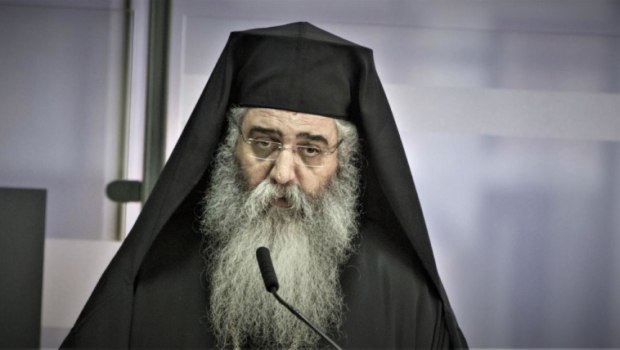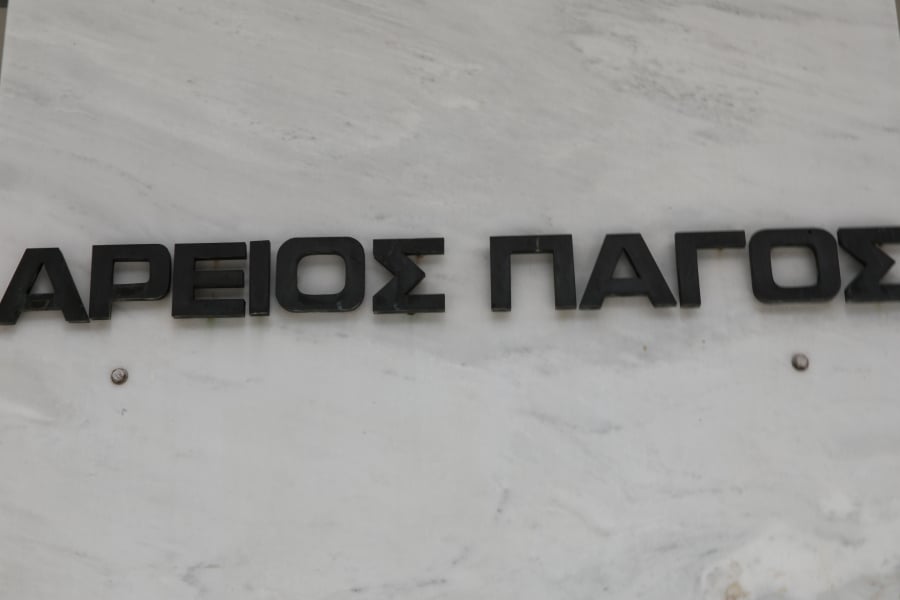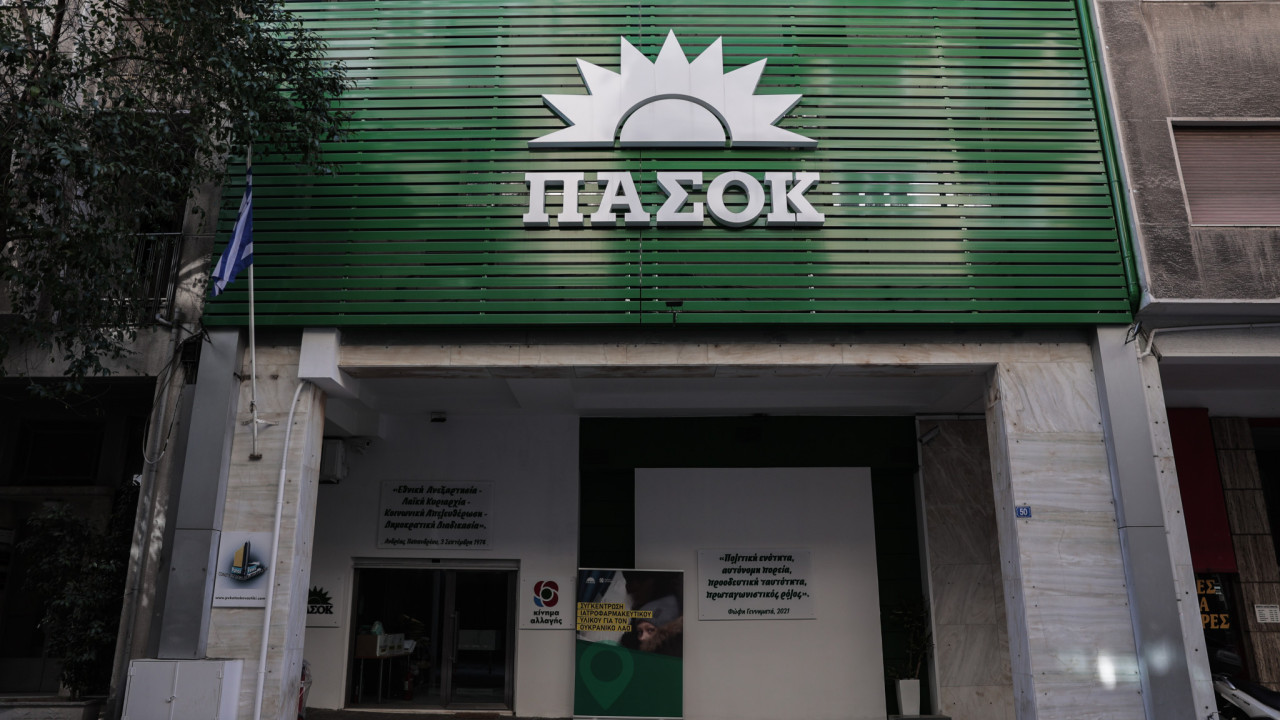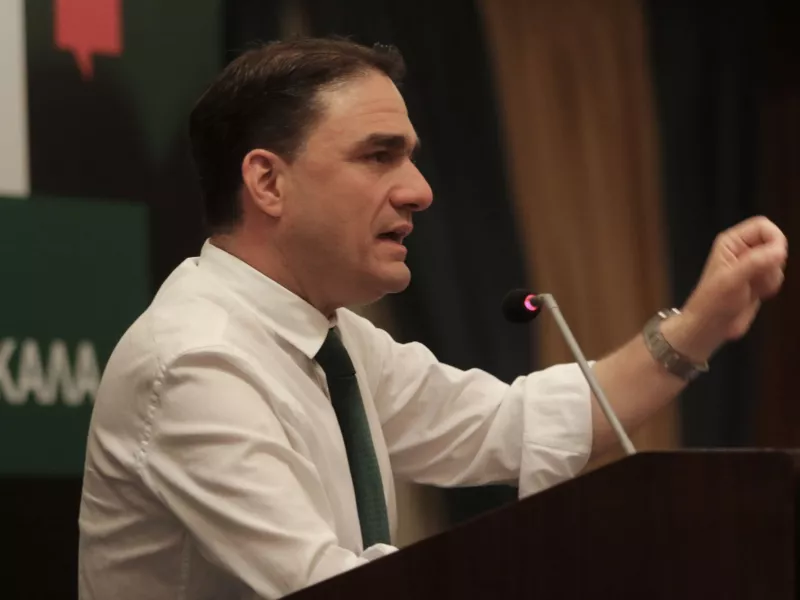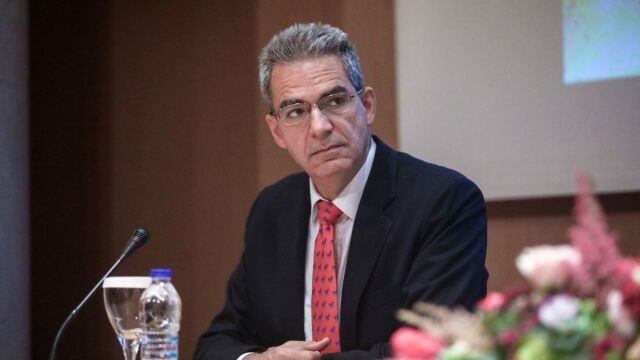Judiciary Signals Preferences for Supreme Court Leadership in Landmark Vote
Alexandra Apostolaki, the Court’s most senior vice president, emerged as the top choice for president of the Supreme Court, while Deputy Prosecutor Konstantinos Tzavellas was overwhelmingly favored for the position of Prosecutor General.
The reform, recently enacted by the Greek government, allows high-ranking members of the judiciary to express non-binding opinions on the selection of the Supreme Court’s president, prosecutor general, and vice presidents. While the final decision remains in the hands of the Cabinet, the results of this vote are widely viewed as carrying significant political and institutional weight.
Apostolaki’s leading position reflects both her seniority and her support within the judiciary. Other prominent names that received strong backing for the presidency include Vice President Agapi Tzouliadaki, Judge Spyridon-Stefanos Pantazopoulos, Vice President and head of the National School of Judicial Officers Anastasia Papadopoulou, as well as Panagiotis Venizeleas, Aikaterini Chondrorizou, Sokratis Plastiras, and Giorgos Schinochoritis.
Several of these individuals also garnered votes for the vice presidency, among them Venizeleas, Plastiras, and Schinochoritis, indicating their broad respect across multiple potential roles.
For the office of the Prosecutor General, the vote was decisive. Konstantinos Tzavellas, currently serving as Deputy Prosecutor at the Supreme Court, received clear and commanding support from his peers. He was followed by fellow deputy prosecutors Anastasios Skaras and Vasilis Floridis—the latter being the brother of Greece’s current Minister of Justice—as well as Eleni Karkampouna, Eleni Kontaktsi, and Maria Gkane.
This process is seen as a step toward greater transparency and internal legitimacy in judicial appointments in Greece, even if the final say remains with the executive branch. The government’s response to the judiciary’s choices is now being closely watched, as it may signal how much weight political authorities are prepared to give to institutional input in high-level appointments.
Content Original Link:
" target="_blank">

![Άγιος Παντελεήμονας: Έκρηξη σε κατάστημα υγειονομικού ενδιαφέροντος με δύο τραυματίες [βίντεο]](https://www.ingr.gr/images/joomgrabber/2025-08/8589233a8f.jpeg)



